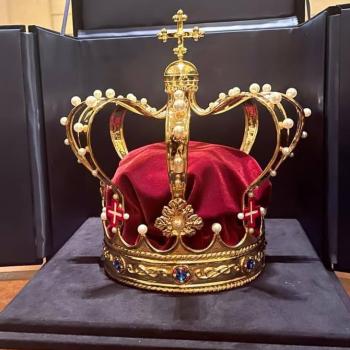here:
It’s a sad irony that we’ve lost Joseph McNamara just as the country has become engaged in a productive and overdue discourse about policing. McNamara, who passed away Friday at the age of 79, was an eloquent and engaging critic of the drug war, of reactionary and aggressive policing, and of the militarization of law enforcement long before those positions were popular.
McNamara’s voice was particularly important for a variety of reasons. First and foremost, he had 35 years of policing experience, rising through the ranks from beat cop in Harlem to police chief in both Kansas City, Mo., and San Jose, Calif. Second, because his politics were well to the right of most law-enforcement critics, McNamara held more sway with lawmakers and policymakers. From his post-retirement perch at the conservative Hoover Institution, McNamara was a lonely voice of dissent on the right in the 1990s (along with Milton Friedman), as the law-and-order faction moved to vastly expand the search and seizure powers of police, increase penalties for drug crimes, and infuse crime fighting with martial rhetoric and militarized weaponry.
But most importantly, McNamara wasn’t just a pundit. As a police chief, he actually implemented the de-militarization and community policing policies he advocated, and to great success.
McNamara began his career as a patrol officer in Harlem in the 1960s, where he walked a beat with one of the highest crime rates in the country. In an interview with me for my book a couple of years ago, McNamara said his time in Harlem affected the way he looked at policing for the rest of his career. “I can’t overstate how important it was for me to walk that beat,” he said. “It made me invested in the lives of the people who lived in those neighborhoods. I got to know them. It gave me a stake in their well-being.” …
McNamara led the San Jose Police Department for 15 years. There he resisted the aggressive, militaristic trends brought on by the drug war in the 1980s. He embraced community policing, and showed little tolerance for misconduct and excessive force by his officers. By the time McNamara retired in 1991, San Jose had surpassed San Francisco to become the most populous city in northern California. And for the last three years of McNamara’s tenure, San Jose had the lowest crime rate of any big city (cities with 400,000 or more people) in the United States. In 1990, the crime rate in San Jose was 60 percent of the crime rate in San Diego, half that of San Francisco, and a quarter of the rate in Los Angeles. McNamara pulled this off with one of the smallest per capita police departments in the United States.











